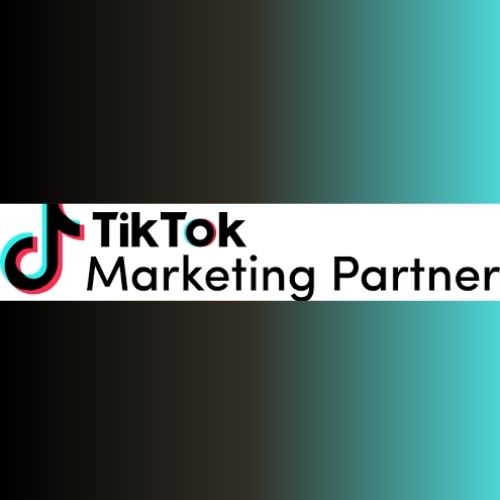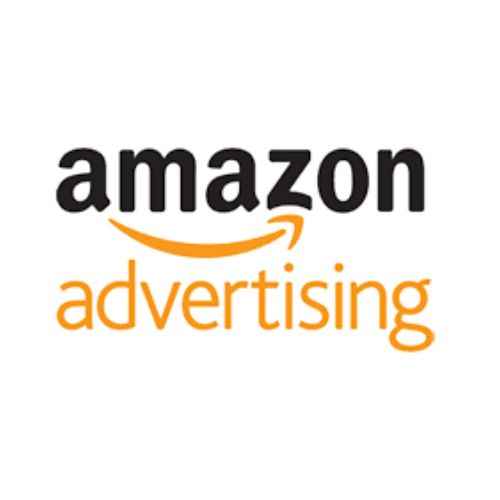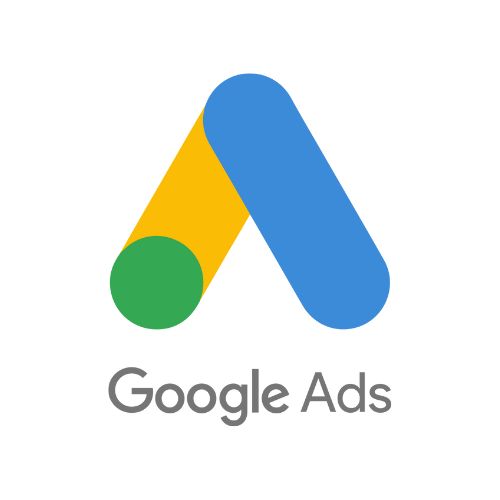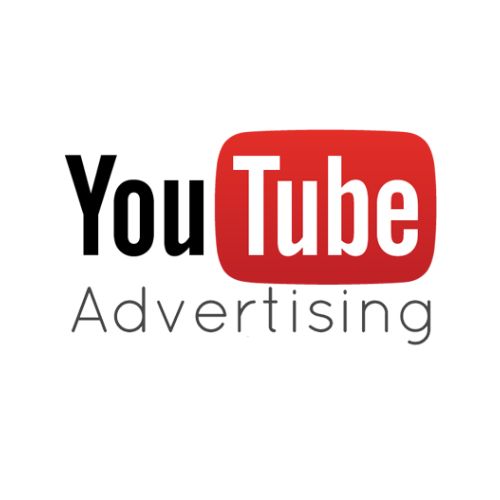PPC (Pay Per Click)
PPC (Pay Per Click) is a kind of advertisement that refers to online paid ads that generate clicks to a website to generate revenue. on every click, Each time an ad is clicked, the advertiser pays the publisher (the platform hosting the ad) an amount determined by an auction. If you’re looking to get more clicks on your website links or drive traffic to your website, a PPC campaign is a reliable way to reach your potential customers.
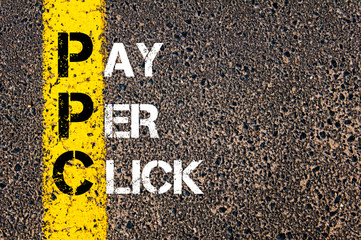
What is PPC (pay per Click) advertising?
PPC advertising is the best way of boosting traffic to your websites that may not have worked their SEO magic yet for the same keywords and phrases. It can be useful to cause promote deals on the off chance that you are running an ad on your website. Typically, PPC ads appear when people type relevant keywords and phrases in a search bar, it can be a search engine or social media platform.

Display Advertising
Clicks are clear to track, and you just pay for traffic redirected to your website. With the most well-known PPC pricing structure, cost per click (CPC), you pay just when somebody clicks your promotional Ad. Marketers mostly talk about ‘purchasing clicks’ because that’s what PPC is all about. owner of a website or online’s store paying to a publisher, be it Facebook, Google, or Bing, each time somebody clicks a link pointing to your landing page. Marketers mostly deploy PPC ads to appear at the top of search engine results pages and target people on social media platforms. On Google’s query items page, PPC advertisements show up at the highest point of the list of items, over the natural links. They have sponsored posts on your Facebook, and the results are marked ‘Ad’ on Bing and Google.
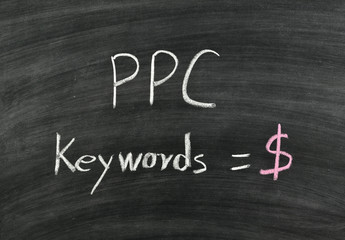
Keywords
The thought is that people searching for keywords related to their products or services can find your ad, click through navigate to your website/landing page of the website, and complete the action the page is promoting. Clicks on social media platforms are encouraged by visually engaging ads targeted to the intended visitor. In search engines, PPC ads typically blend in with the overall search results by the look and feel. Here is an example of a PPC ad targeting the keywords “travel insurance” There is not much difference between the paid ads at the top of the page and the organic listing at the bottom of search engine results.

Result Oriented
Our exceptional PPC results are because of the complicated methodology which incorporates a definite outline of our client’s business and yearnings for Pay Per Snap promoting, as well as a survey of the relative multitude of choices and suggesting a focused rundown of paid exercises. We additionally recommend enhancements to your presentation pages and informing to ensure we have the most extreme changes.
- Paid search marketing
- Display advertising
- Retargeting PPC advertising
- Using PPC ads for affiliate marketing
- How effective is PPC advertising?
- How to Budget your PPC ads

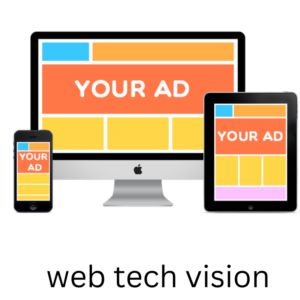
With display advertising, ads come in a variety of mediums. Unlike paid search, banner ads rely on visual elements such as images, animations, video, and audio to communicate goals and drive clicks. Display ads generally return a lower click-through rate (CTR) than search ads, but they can be useful for companies looking to build brand awareness or retarget users who have visited their website

Retargeting, also known as remarketing, uses cookies to show people specific ads based on their online activities. You can drop an anonymous browser cookie when a visitor comes to your site; then, when this visitor moves on to another site, the cookie will display your ads. Retargeting isn’t only for banner ads; it is also used for social media campaigns and email automation.

Affiliate marketers commonly use PPC ads to promote their products and services. Mostly, they place ads on:
- search engines
- price comparison websites
- targeted content sites
Since affiliate marketing is based on cost per action (CPA) – when someone clicks on an ad and completes an action, such as buying something or providing an email address, payment is closely aligned with results. This type of marketing requires ongoing management to get the best results. Factors that can negatively impact this kind of PPC marketing include poor ad response, poor placement, and competitive keyword bidding for brand terms.

Once you’ve got a handle on creating ads on your platform and your paid search campaign is up and running, it’s time to take charge of the tasks required to run a successful program. Keeping on top of your performance and reporting is a no-brainer as a best practice. Most search marketers perform a daily check to make sure nothing has negatively affected their account, such as budget running out or KPIs spiking or dipping too much. Similarly, handle optimizations and testing. Check regularly to tweak certain bids, especially for terms that constitute a large portion of your budget. Shaving a few cents off a bid could achieve the same performance and save you some extra to reinvest in another campaign. You can also take advantage of automated bidding policies that platforms now offer. However, make sure you understand your goals clearly so that you do not overpay.

Chances are you don’t have an unlimited budget for your advertising. Even if your niche is wildly profitable, all businesses have cash flow constraints. With PPC, you will want to allocate the right amount of your budget to each campaign.
One of the critical things to understand about budgeting is that limiting budget isn’t the best way of going about things. It’s controlling spending. The starting point in determining your account is figuring out how valuable a lead, sale, or email address is to your business.




